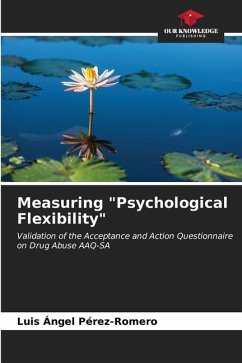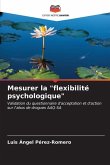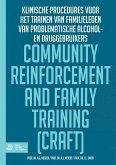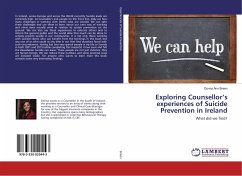The use of addictive substances is a public health problem because of the multiple consequences it brings, not only to those who consume but also to their closest context such as the family, in this sense it is important to have tools that allow the evaluation of the treatments that are available for this clinical population, which is often complicated, one of these interventions is the Acceptance and Commitment Therapy or "ACT" for its acronym in English. ACT has been shown in controlled studies to be as effective as the traditional Cognitive Behavioural interventions that have been used in the treatment of addiction, but has been shown to be more effective in the long term, which ensures a lower rate of relapse in patients, the core skill to be developed for this purpose is "Psychological Flexibility". The present book provides an adapted and validated Spanish-speaking instrument that can be useful to both clinicians and researchers in the field.
Bitte wählen Sie Ihr Anliegen aus.
Rechnungen
Retourenschein anfordern
Bestellstatus
Storno








